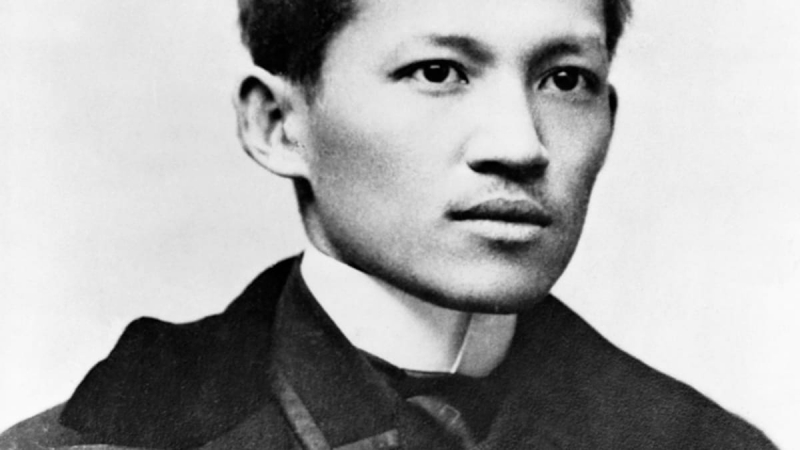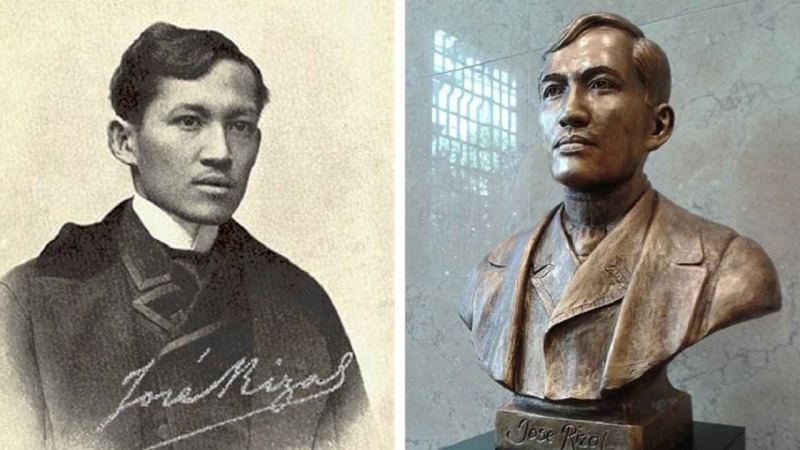José Rizal
José Rizal was a Filipino physician, poet, and writer who inspired the Philippine nationalist movement. His full name was José Protasio Rizal Mercado y Alonso Realonda. He was born in Calamba, Philippines, on June 19, 1861, and died in Manila on December 30, 1896. He is regarded as one of the most important historical figures in Philippines.
Rizal was born to a wealthy landowner and attended Manila and the University of Madrid. He was a talented medical student who dedicated his life to reforming Spanish rule in the Philippines, though he never advocated for independence. He lived in Europe and wrote the majority of his works between 1882 and 1892.
Rizal's first novel, Noli Me Tangere ("The Social Cancer"), was published in 1887 and was an exposé of the evils of Spanish authority in the Philippines. A sequel, El Filibusterismo (1891, "The Reign of Greed"), cemented his position as the foremost speaker of the Philippine reform movement.
He rose to become the Propaganda Movement's leader, publishing numerous articles in its Barcelona-based journal, La Solidaridad. The integration of the Philippines as a province of Spain, representation in the Cortes (the Spanish parliament), the replacement of Spanish friars with Filipino priests, freedom of assembly and expression, and equality of Filipinos and Spaniards before the law were among Rizal's goals.
Rizal returned to the Philippines in 1892. In Manila, he founded the Liga Filipina, a peaceful reform movement, and was exiled to Dapitan in northwest Mindanao. He lived in exile for the next four years. In 1896, the Katipunan, a secret Filipino nationalist organization, rose up against Spain.
Despite the fact that he had no ties to that organization and had played no role in the uprising, soldiers apprehended and tried Rizal for sedition. He was found guilty and publicly executed by firing squad in Manila. The death of José Rizal convinced Filipinos that independence from Spain was their only option. Rizal wrote the classic 19th-century Spanish poem "Ultimo Adiós" ("Last Farewell") while imprisoned in Fort Santiago on the eve of his execution.












